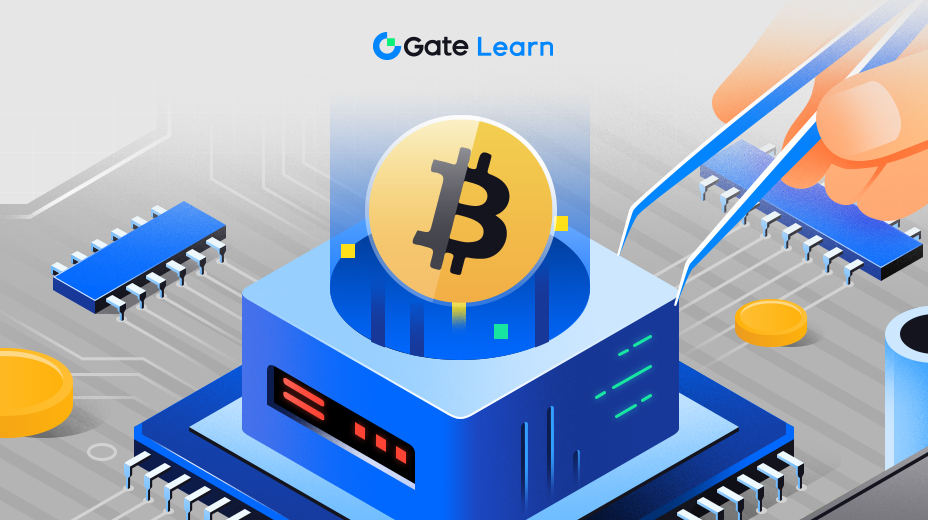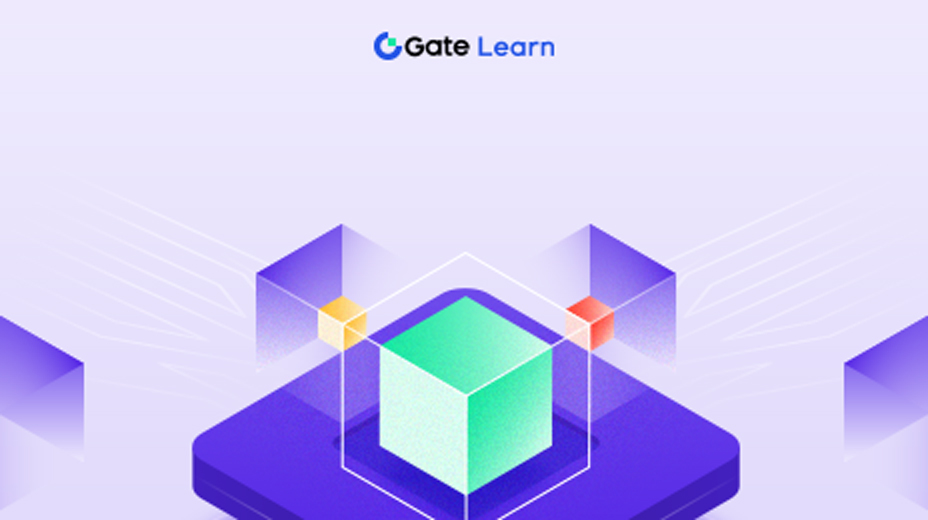إدارة البيانات اللامركزية والتعلم الموحد في الذكاء الاصطناعي
إنه شريان الحياة الذي يمر عبر عروق كل نظام ذكاء اصطناعي، مما يمنحه القدرة على التفكير والتعلم والتطور. ولكن كما هو الحال مع جميع الكيانات القوية، تصبح الطريقة التي ندير بها هذه البيانات ونتحكم فيها ونوزعها ذات أهمية قصوى.
حكاية البيانات في الذكاء الاصطناعي والمعضلة المركزية
فكر في مكتبة كبيرة ذات أرفف مكدسة بالكتب. تضم هذه المكتبة، وهي مخزن موحد، دهور المعرفة. يأتي الباحثون من جميع أنحاء العالم للبحث عن الحكمة. ومع ذلك، هناك مشكلة. هذه المكتبة الفريدة والضخمة هي الوحيدة من نوعها. إنه غير آمن. قد تدمر كارثة واحدة آلاف السنين من المعرفة. علاوة على ذلك، وبفضل قوتهم الاحتكارية، يقرر حراس هذه المكتبة من يحصل على حق الوصول، مما قد يؤدي إلى التحيز والحراسة.
هذه هي صعوبة إدارة البيانات المركزية. في حين أنه نظام فعال ومبسط، إلا أنه نظام مليء بالعيوب، من الخروقات الأمنية إلى النشاط الاحتكاري. ناهيك عن الفرد، المالك الحقيقي للبيانات، الذي غالبًا ما يُترك دون أي سيطرة على كيفية استخدام معلوماته أو مشاركتها.
إدارة البيانات اللامركزية: فجر جديد
أعد إنشاء سيناريو مكتبتنا. بدلاً من مكتبة ضخمة واحدة، تخيل شبكة من المكتبات الصغيرة، تحتوي كل منها على جزء من المعرفة الجماعية. يتم ربطها ومشاركة المعلومات وتحديثها. لا توجد نقطة فشل واحدة. لا يوجد حارس بوابة واحد. هذه هي رؤية إدارة البيانات اللامركزية.
لا يتم حفظ البيانات فقط في هذه البيئة اللامركزية؛ بل يتم أيضًا حمايتها وتقييمها وإضفاء الطابع الديمقراطي عليها. يستعيد المستخدمون السيطرة وتنمو الثقة وتصبح الشفافية هي القاعدة وليس الاستثناء.
التطور: التعلم الفيدرالي اللامركزي (DFL)
بناءً على هذا الأساس، صادفنا مفهومًا مبتكرًا: التعلم الفيدرالي اللامركزي. عندما نفكر في إمكانيات DFL، يبدو التعلم الآلي التقليدي، باعتماده على الخوادم المركزية، قديمًا تقريبًا. تتعاون الأجهزة هنا وتتعلم وتنضج معًا بينما لا تعرض خصوصية بياناتها للخطر أبدًا.
DFL قيد التنفيذ: الثقة والكفاءة والتألق في العالم الحقيقي
جمال DFL ليس فقط في نظريته، ولكن أيضًا في تطبيقه. فكر في برنامج صحي عالمي يهدف إلى تحليل الأنماط في مختلف المجموعات السكانية. في بيئتنا المركزية القديمة، قد يعني ذلك جمع البيانات الصحية الحساسة من ملايين الأشخاص، مما يخلق كابوسًا بشأن الخصوصية. ولكن مع DFL، يشارك كل جهاز وكل فرد في التعلم دون إعطاء أي معلومات شخصية. إنها ذروة الذكاء التعاوني، وضمان الخصوصية، وزيادة الثقة، وفتح الطريق للابتكارات التي تحترم الفرد مع الاستفادة الجماعية.
مع تقدمنا في عالم الذكاء الاصطناعي اللامركزي، من المهم أن ندرك أن الأمر لا يتعلق بالتكنولوجيا فحسب؛ بل يتعلق بالناس. يتعلق الأمر بتطوير أنظمة تحترم وتقدر وتمكن كل فرد، مما يضمن أننا نتطور بمسؤولية وشمولية أثناء تقدمنا.





